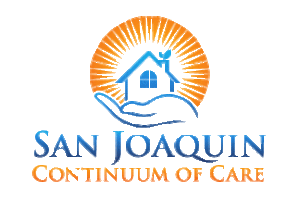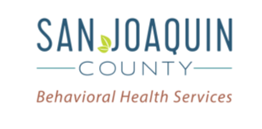Success Stories
STOCKTON SHELTER FOR THE HOMELESS
MEN'S SHELTER EXPANSION AND NAVIGATION CENTER
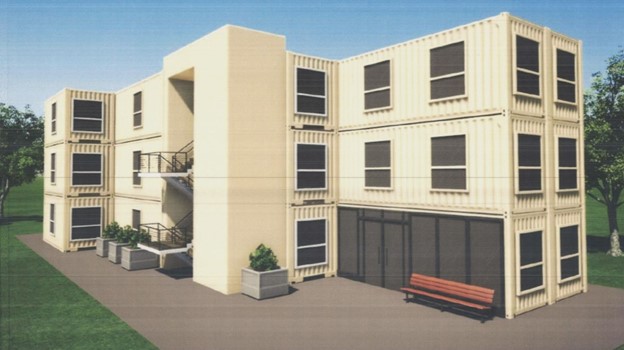
Men’s Shelter Expansion: The sleeping quarters will be a combination of congregate areas and wings that can be closed off from the general population to create isolation units. Each floor of the sleeping quarters will contain 45 bunks, allowing for 180 men to shelter each night. This is in addition to the 150 men currently sheltering in the Men’s Shelter (for a total of 330 men). Bathrooms and a staff break room will be included on each floor.
Navigation Center: It is to provide a “one-stop-shop” of resources and services for the homeless and those at risk of becoming homeless. The plans for the Navigation Center portion of the project include offering the following services over time:
- Housing Placement Services
- Case Management and Referrals
- Outreach and Engagement
- Peer Support
- Medical Care and Care Coordination
- Health, Wellness and Life Skills Education
- Substance Use Disorder Services
- Mental Health Treatment
- Legal Services
- Family Reunification Opportunities
- Connection with VA Health Care and Benefits
- Documentation Assistance
- Employment Assistance
- Self-Image/Empowerment/Coping Skills
- Benefits Determination and Streamlining Access
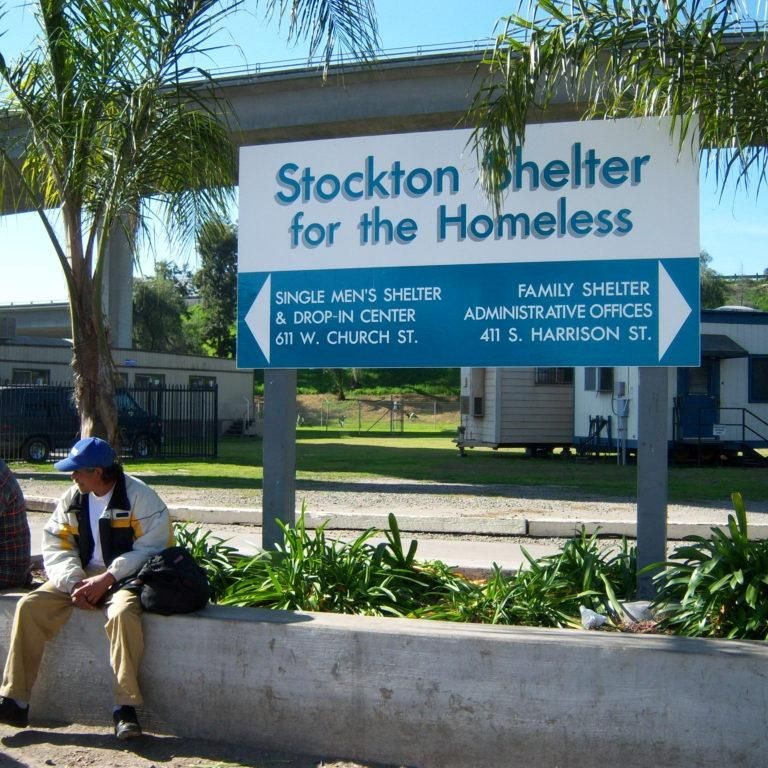
Impact: It is expected that over 1,000 individuals annually will receive services through the Men’s Shelter Expansion and Navigation Center.
Impact Investment: The Men’s Shelter Expansion and Navigation Center required an investment of $4.5 million. This includes demolition, fabricating, and assembly of shipping containers and furnishings. The estimated annual investment for maintenance, utilities, and staffing for the building is approximately $2 million.
Timeline: The project anticipates completion by May/June of 2022. For more information, please visit: www.stocktonshelter.org
Crossway @ Center | Virtual Open House
Crossway @ Center is the first of three phases of renovations to the Housing Authority County of San Joaquin’s (HACSJ) former administrative offices. This phase consists of 15 studio units and an on-site manager’s unit. SJCBHS provided funding for this renovation through a Mental Health Services Act grant. SJCBHS will provide supportive services to residents, and the units will be reserved for a 20-year period to provide housing for SJCBHS clients. In addition, HACSJ will provide rental subsidies through the Housing Choice Project-Based Voucher program.
Turnpike Commons
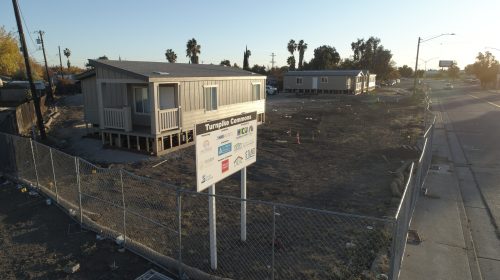
As part of the ongoing effort to address the county’s homelessness crisis, Delta Community Developers Corp. (DCDC) has broken ground on Turnpike Commons, a supportive housing development for families facing homelessness. The first phase of this project will see the construction of nine homes on one parcel of land. Phase II will consist of three homes being built on two separate parcels as infill development within the city of Stockton. The units will be subsidized with Housing Choice Project-Based Vouchers. This much-needed project is being developed through a partnership with Stocktonians Taking Action to Neutralize Drugs (STAND), Stockton Shelter for the Homeless, and Central Valley Low Income Housing Corporation (CVLIHC). All told, the partnership has secured nearly $4.8 million in grants from the City of Stockton, San Joaquin County, the San Joaquin Continuum of Care, and a $55,000 grant from Wells Fargo Bank. Funding is also being provided by the State of California’s Homeless Emergency Aid Program (HEAP) and City of Stockton Community Development Block Grant (CDBG) funds.
Sutter Commons
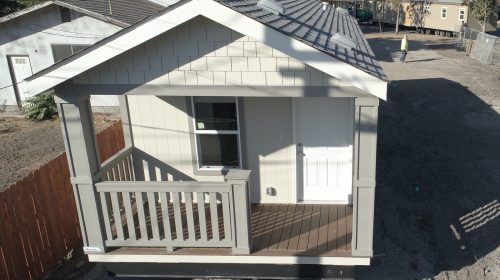
The Housing Authority County of San Joaquin (HACSJ) has formed partnerships with Stocktonians Taking Action to Neutralize Drugs (STAND), Stockton Shelter for the Homeless, and Central Valley Low Income Housing Corporation (CVLIHC) for Sutter Commons. Sutter Commons will be a permanent supportive housing development for families experiencing homelessness, providing a one-bedroom, one-bathroom home and a three-bedroom, two-bathroom home. Funding for these homes is provided through the State of California’s Homeless Emergency Aid Program (HEAP), City of Stockton Community Development Block Grant (CDBG), HOME funds, and a grant from Wells Fargo Bank. HACSJ’s Housing Choice Voucher program will issue income-based rent vouchers for the families at Sutter Commons.
Dignity Health Community Investments Program
Dignity Health provides organizations with below-market interest rate loans to address the housing crisis.
Local investments include the following:
STAND
Stocktonians Taking Action to Neutralize Drugs
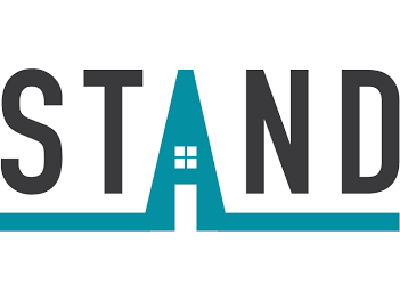
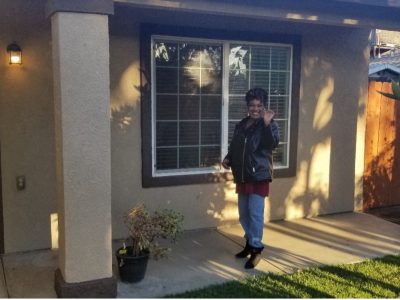
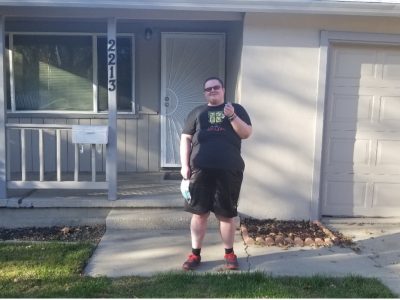
Stocktonians Taking Action to Neutralize Drugs (STAND): a Community Housing Development Organization founded to create positive change in southeast Stockton communities that had been devastated by gang and drug activity.
- June 2017 – 3-year renewal of a $500,000 revolving loan to help cover the costs of purchasing and refurbishing former drug houses, thereby creating homes for sale to low-income homebuyers
- January 2020 – $1,000,000 3-year loan. Funds for this loan will be used to purchase tax-default lots and blighted homes for rehabilitation and to provide permanent housing for low-income families and individuals experiencing homelessness. The revolving loan will also be used to support the development of affordable housing for seniors and the development of single-family homes for low-income families.
Delta Community Developers Corp. (DCDC)
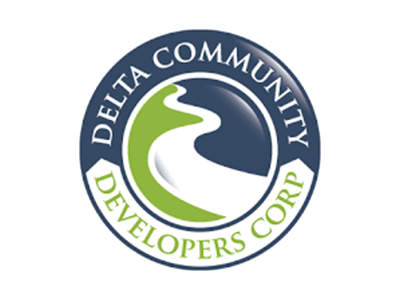
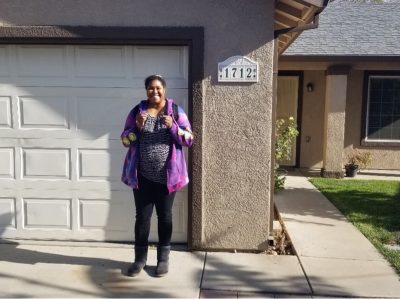
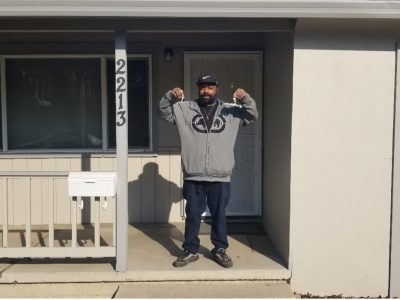
Delta Community Developers Corporation (DCDC): Founded in 2000, Delta Community Developers Corporation (DCDC) is a 501(c)(3) nonprofit public benefit corporation and a subsidiary of the Housing Authority of the County of San Joaquin (HACSJ). The company is the development entity of HACSJ and has numerous projects throughout the county focusing on the revitalization of local communities.
- 2020 – $3,850,000 3-year loan. Proceeds will be used to acquire and rehabilitate 40 units of permanent affordable housing for low-income seniors.
- 2020 – $1,130,000 3-year loan. Proceeds will be used for the development of 19 units of affordable housing in Stockton for mental-ill residents.
Homeless Health Initiative – Nearly $3 million invested to provide for the unsheltered.
• STAND and Project Homekey – $1.8 million, 7 units shared scattered-site permanent housing for at least 16 previously housing ready Whole Person Care clients and potential offset for Town Center Studios of up to $250,000 (39 units, housing up to 41 formerly homeless individuals).
• Emergency Department Social Workers – 3 full-time employees dedicated to supporting patients experiencing homelessness and providing short-term case management.
• Salvation Army Mobile Street Outreach – Funding to provide a mobile outreach team with a fully equipped office van to provide social service navigation and case management to those experiencing homelessness county-wide.
Recuperative Care
$100,000 grant to Gospel Center Rescue Mission to support safe hospital discharge for those experiencing homelessness with minor medical conditions that could worsen if returned to the streets. The program offers case management services to address and overcome barriers to a better life.
MORE SUCCESS STORIES BELOW
Showered with Love Mobile Showers (SWL) is committed to servicing the greater Stockton and Lodi area with no cost, full personal hygiene opportunities to our displaced and desolate communities. Our bus includes three shower stalls, and one is ADA adapted. Each guest is provided a safe and dignified shower experience. This includes new socks, underwear, hygiene kits, and supplies for showering. We also have two shaving stations. All clients are provided community resources, connections, and emotional support. Showered With Love began offering showers on 11/4/2019, and over 3000 showers were provided in the first year. Currently, we are operating Monday-Thursday 9:00 am-1:30 pm at four different locations, three in Stockton and one in Lodi.
Please check the SWL website for our schedule. https://www.swlove.org/
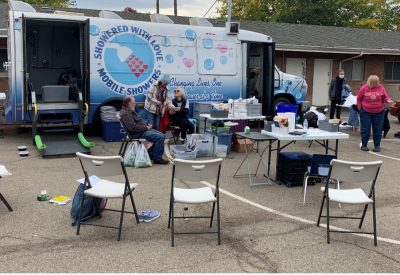
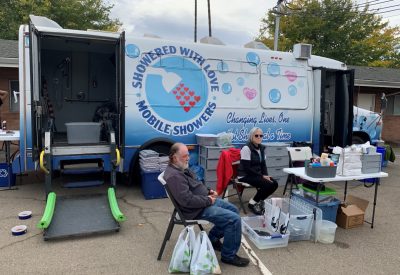
Lodi House is a small home-like shelter with a program uniquely designed to help women and children achieve long-term stability in family life, finances, employment, and housing. Lodi House is committed to providing healthy relationships, accountability, and resources to those who desire to overcome instability. Guests may stay between 2-6 months in order to reach their goals of employment, saving money, and securing permanent housing. The staff works individually with each guest to develop consistent family routines, healthy support systems, and opportunities for personal growth through case management, coaching, and therapy. In addition, Lodi House offers ongoing money management, therapy, relational support, workshops, and a network of community resources to all Lodi House alumni. Transitional housing apartments are offered to alumni when there are openings.
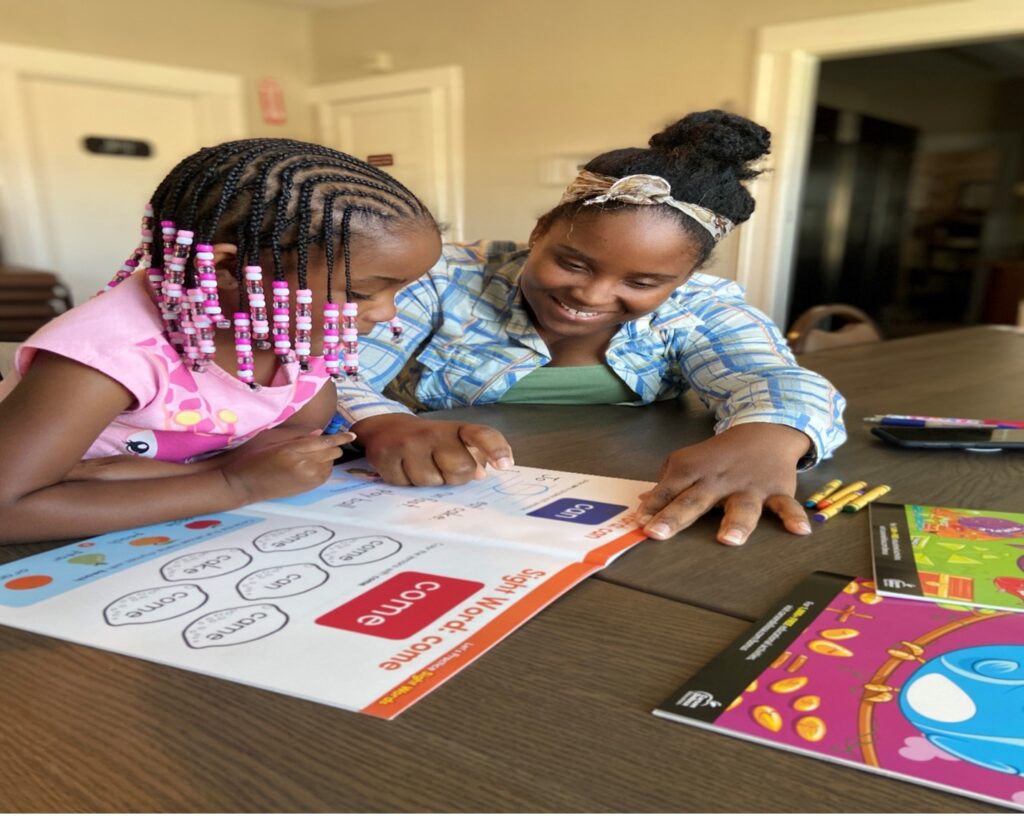
Community Medical Centers provides medical, behavioral health, and substance use treatment to homeless patients free or at a reduced cost through its Care Link Healthcare for the Homeless Program. Care Link is based at CMC Gleason House (on the Gospel Center Rescue Mission campus at 423 S. San Joaquin St in Stockton), but all CMC locations provide homeless care. In addition, Care Link does regular outreach to homeless encampments throughout San Joaquin county. In partnership with Project Room Key, St. Mary’s, and Stockton Shelter for the Homeless, CMC provides COVID-19 screening and a range of care and case management.
The CMC Recovery Center operates as a day sobering center assisting law enforcement to divert individuals under the influence of drugs and alcohol, saving jail beds and county resources. Coming soon, the CMC Respite Center will provide transitional housing, medically-monitored withdrawal care, and substance use treatment along with medical and behavioral health care. The respite center will not require sobriety at intake.
First 5 San Joaquin’s Housing Support Program, locally known as HousingWORKs, assists families receiving CalWORKs that are experiencing homelessness, including parents of children age 0 to 5 and pregnant mothers, so they may quickly obtain permanent housing. HousingWORKs partners with Central Valley Low Income Housing Corporation to provide housing and case management services.
The services offered may include:
- Providing move-in and rental assistance.
- Linking families to First 5 San Joaquin home visitation services.
- Assisting with developing housing goals.
- Determining affordability.
- Creating a housing plan.
- Assisting with finding and applying for housing.
- Obtaining documentation.
- Understanding lease agreements.
HousingWORKs services are based on individual family needs and the availability of and eligibility for other community resources. This program works very closely with the CalWORKs Welfare to Work program to reengage families that are not currently participating.
The HousingWORKs Landlord Incentive Program offers participation incentives for landlords that want to take action against homelessness. The program consists of bonuses and incentives for all participating and eligible landlords renting a house or an apartment to a participating HousingWORKs family. Available bonuses and incentives may include a New Landlord Signing Bonus, a Take Two!! bonus for accepting an additional HousingWORKs family, a Times Two!! deposit bonus, vacancy relief funds when applicable, and a Landlord Liaison.
The California Department of Social Services funds this program.
To learn more about the HousingWORKs program:
PHONE Andrea Handelman, First 5 Contracts Analyst at (209)953-5437
E-MAIL HousingWORKs@sjgov.org.
VISIT www.sjckids.org.
BHS PATH Team performs outreach, screenings, and linkage to services to San Joaquin County’s homeless population who are mentally ill and may also have a co-occurring substance use disorder (SUD).
Eligible program participants must have an SMI and a co-occurring SUD, may not be a recipient of BHS mental health services, and be homeless or at imminent risk of homelessness.
The PATH team connects clients to services that often include the BHS Transition Navigation Team. From there, clients are linked to a continuum of appropriate housing and support services. This team utilizes community resources that provide independent living skills and job training to individuals with a serious mental illness (SMI). Services include referral to appropriate housing, community mental health and primary health care, job training, education supports, and case management to ensure warm-hand-offs with expedited referrals to SUD services.
The PATH team is part of a comprehensive, countywide homeless outreach program that includes the Whole Person Care pilot, the expanded BHS Mobile Crisis Support Teams, and the Law Enforcement Assisted Diversion (LEAD) program. PATH also provides screenings, consultation, and case management at two homeless shelters. It is a partner in the SJC Continuum of Care (CoC) for the homeless population and a partner in the newly developed Encampment Response Team (ERT), which serves homeless encampments on county land.
PATH is funded through a $241,025 grant from the State of California Department of Health Care Services. Two BHS employees staff the program, and as of December 2019, a total of 778 individuals were served, and 142 individuals of those were enrolled in on-going BHS services.
The program has been in operation for more than 20 years.
Tracy Interfaith Ministries has been in operation since 1988. We are funded by donations and grants, including city and county block grants and grants from foundations and private companies. We are run by a 100% volunteer staff, so a significant portion of our budget is able to be dedicated to purchasing food and providing services. We serve approximately 2,500 clients every month. They all qualify as low-income, but they are not all homeless. We provide food, clothing, blankets, hygiene items, hand warmers, socks, hats, and masks to our homeless clients. We also work to prevent homelessness through our Families at Risk program, which pays emergency rent and utility bills for our clients.
The San Joaquin County Whole Person Care (WPC) program is designed to improve the health of high-risk, high-utilizing homeless individuals through collaborative leadership and systematic coordination among public and private entities. The program is focused on the coordinated delivery of physical health, behavioral health, housing support, food stability, and other critical supportive services. Our goal is to improve individuals’ health and well-being in a person-centered manner through more efficient and effective use of resources.
San Joaquin County’s Whole Person Care program targets the needs of three potentially overlapping populations:
- Medi-Cal beneficiaries assigned to the County clinic system who are high-utilizers (approximately five or more visits) of emergency services.
- Adult Medi-Cal beneficiaries with a mental health and/or substance use disorder.
- Adult Medi-Cal beneficiaries who are at risk of homelessness upon discharge from WPC-participating medical facilities or the county jail.
The pilot utilizes a multi-disciplinary “Whole Person Care Integration Team,” which creates an individualized care plan for each enrollee, based on assessing the enrolee’s physical health, behavioral health, and social support needs. This care plan is shared across agencies, and each client is assigned a single dedicated care coordinator. The team engages in services that include, but are not limited to: ensuring enrollees are linked to medical services and social supports, housing, appropriate placement, behavioral health, re-entry from jail, medication adherence, crisis management, recuperative care, and a long list of other engagements that assist with the clients’ health and well-being.
The Dept. Of Veterans Affairs Palo Alto Health Care System implemented a one of its kind Shelter model in Dec 2018. This model was developed to address the growing geriatric homeless Veteran population. Recent studies found that an estimated half of all homeless individuals were over the age of 50. Recent VA research has found that the current median age for homeless Veterans is 52. Similar studies have found that less than half the homeless population over the age of 50 did not become homeless after 50. This same population often displays medical conditions in line with someone 10-15 years older and often needing help with necessary life skills. To address this ever-growing population, the VA Palo Alto Health Care System implemented a new model aimed at highly medically acute homeless Veterans.
In the model’s first year, we saw a reduction in cost and use of services compared to 6-months before 6-months post-discharge from the program. The average Veterans entering this program were costing the VA over $127,000 within a 6-month time frame on Emergency Room Visits and overnight inpatient stays. The average length of stay in the program was 78-days, and 6-months post-discharge Emergency Room Visits were reduced by over half, overnights stay per emergency room visits went down by 2, from 15 to 13, and overall cost dropped down to $56,000. Due to the success of this program, replication is already being implemented in other VA systems.
